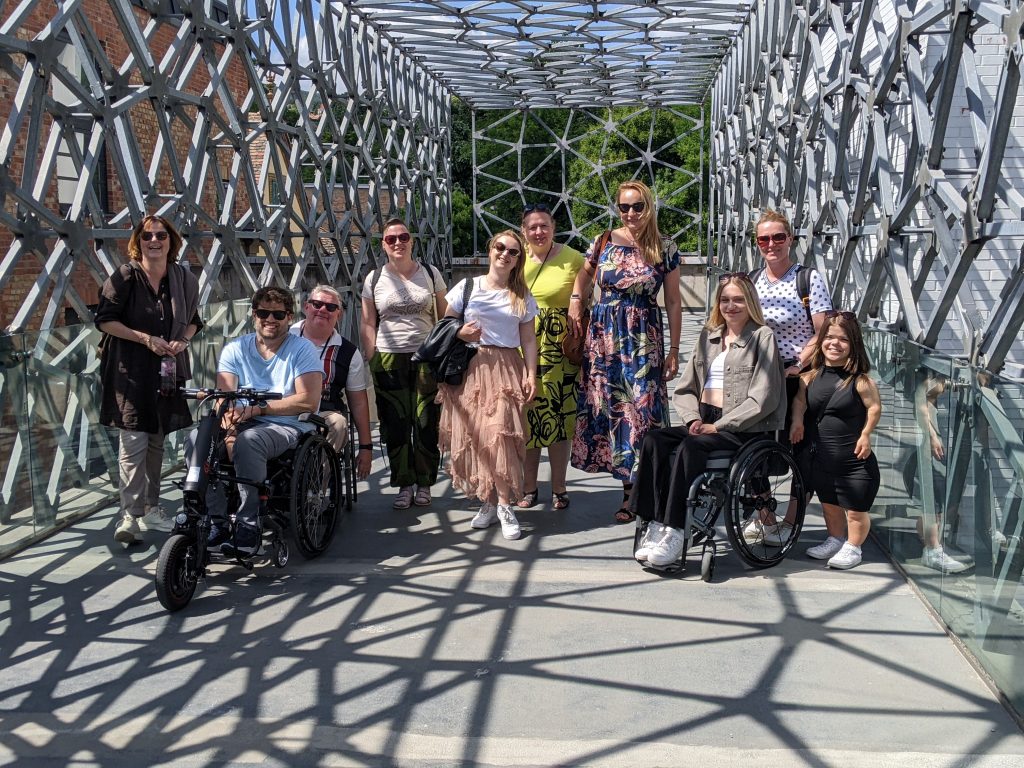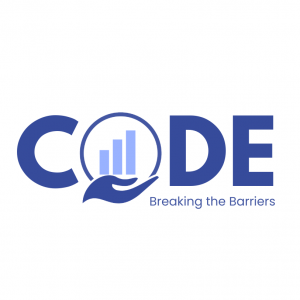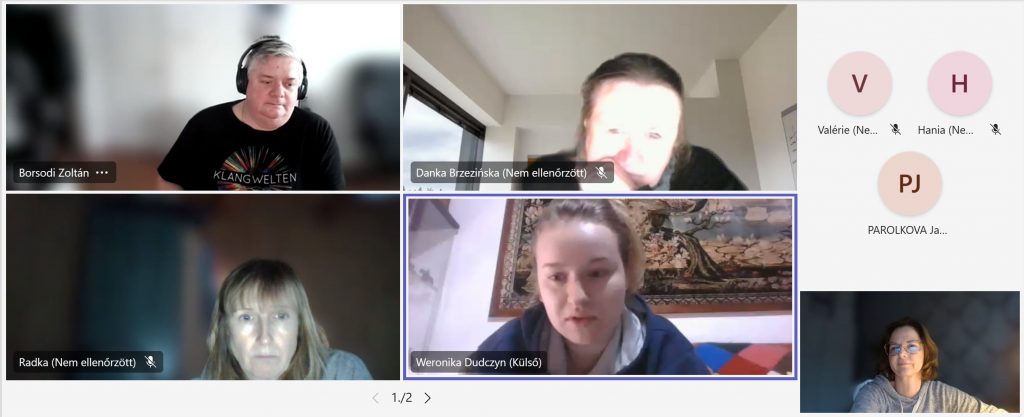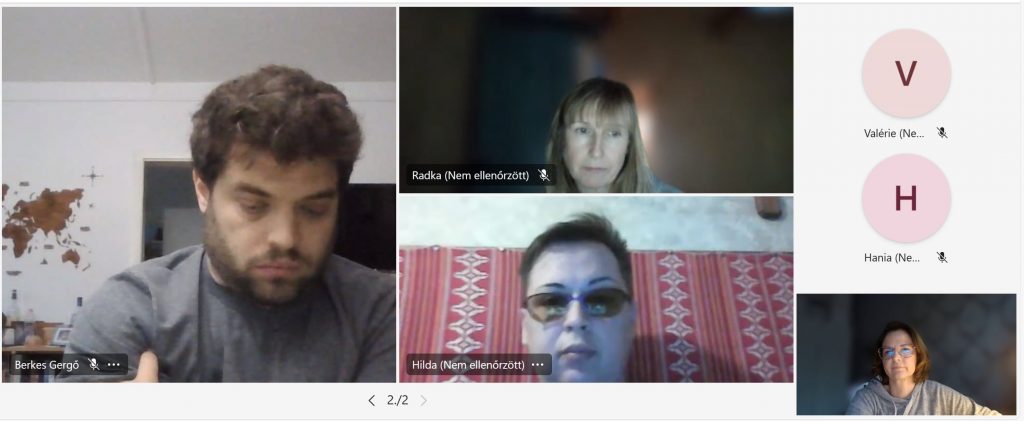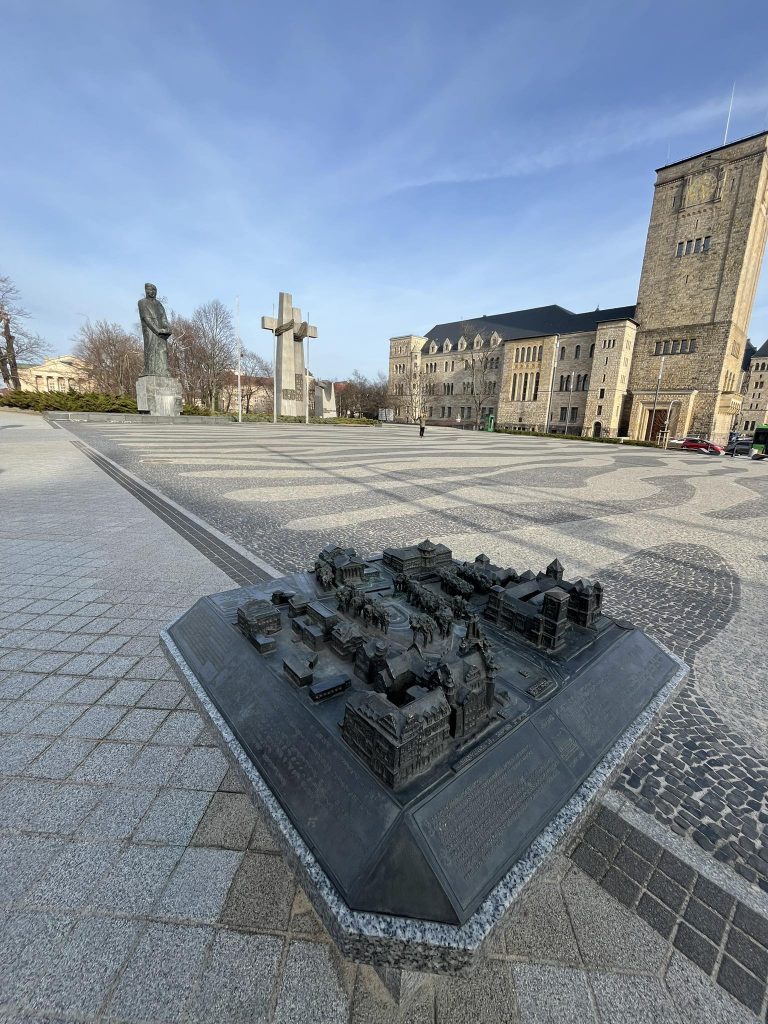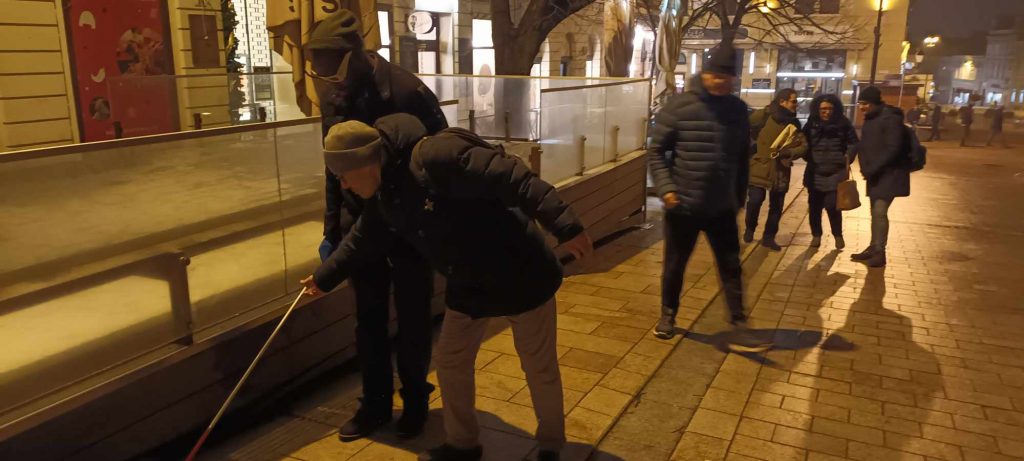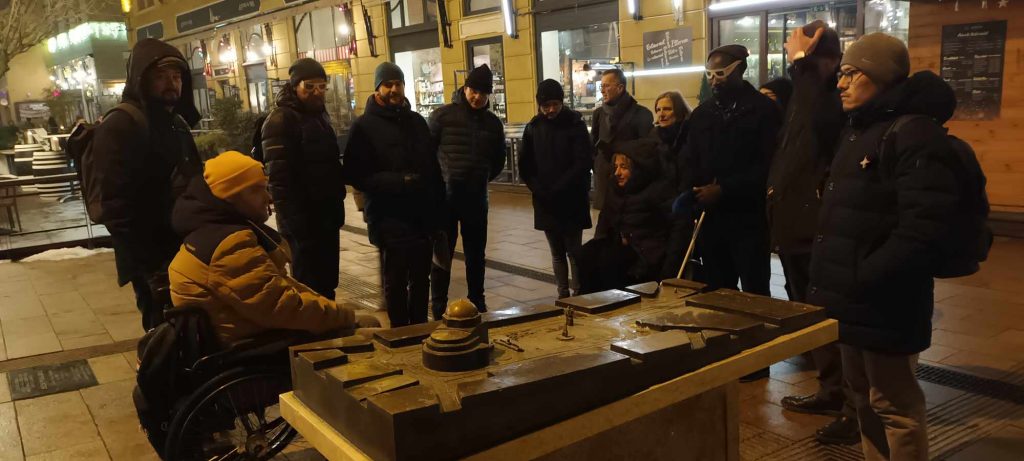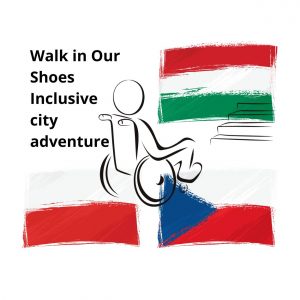This Why? is a bit more for Hungarian speakers, as we are discussing Hungarian terms of disability. But it can also be exciting to follow the changes in Hungary as a foreigner. Is it just Hungarian or is it a general phenomenon? We look forward to your comments below.
I could ask the question “what shall I call you”, if I want to quote our great poet Petőfi.
First, a little about the naming conventions we currently use.
There are two terms we use for disability in Hungary today: perhaps the most accepted is person living with disability. Why? Because it expresses that I have a disability – in my case a visual impairment – that is not part of my personality, but that I live with.
The other most commonly used term is a disabled person, which is used in legislation, literature and official places.
I fully agree with those experts who take the view that the two terms most commonly used today should be used in conjunction with the words “person”.
Previously, the word disabled was used quite naturally. Opinions are very divided on whether this is offensive or not. What is certain is that nowadays the word is used by many people as a abusive word, and has unfortunately become a kind of slang.
In general, the term injured is often used, but I think it is appropriate when used in conjunction with the type of disability, such as mobility impaired, visually impaired, hearing impaired. In itself, ‘injured’ can strengthens a damaged consciousness. Or it may not indicate an existing disability, but a temporary injury following an accident. In this way, a bruise or cut is also an injury.
The starting point however, is the use of now socially unacceptable terms such as stupid, crazy, cripple or idiot. Indeed, in the 19th century, these were common everyday and technical terms!
Stupid was the word for dumb, and then the word was applied to the mentally handicapped, but not in a pejorative sense, simply as a term. The same goes for idiot, used for people who didn’t understand social rules because they had a lower level of intelligence. And cripple was a general term for the physically handicapped.
The first institution for the mentally handicapped opened its doors in 1875 in Hungary in Rákospalota under the name of “The First Hungarian Institute for the Education and Care of the Stupid”.
And in the early 1800s, a “public madhouse” was founded, which, according to the custom of the time, excluded disabled people from society and locked them up in institutions.
Another noteworthy term from József Roboz is the “weakly able”, which he mentions as a title in the first textbook he wrote on the concept of differentiated education.
Disease or condition? The question is a very good one, because I think disability is a condition that is either congenital or acquired later, i.e. it has been around for a certain period of time. In fact, it is usually the result of a disease, which is why I think the word ‘condition’ is more appropriate for disability.
There are also many different names for the types of disability. Each type of disability can be divided into several subgroups in order to distinguish the degree of disability. But it’s very much up to the individual person with a disability to decide which one they feel is their own, or which one is offensive to them. For example, I belong to the blind subgroup of the visually impaired, but I prefer to be called visually impaired. It’s worth remembering that we don’t need to know how much a visually impaired person can or cannot see, or how disabled a disabled person is, whether they are in a wheelchair or use a cane. It is therefore easiest to use the generic terms for a particular group of disabilities, to avoid awkward situations.
Why are names important? The most important thing is to always be respectful and to always respect the human dignity of the person concerned when referring to people with disabilities. Not just in their presence.
And back to the basic question, why do we have to keep changing the terms?
The main reason I think is, that society is constantly picking up on the technical terms originally used for people with disabilities. And they start to use it in hurtful, pejorative terms – mostly by able-bodied people to each other. It’s especially common for young people to call each other ‘disabled’ if someone doesn’t understand something the first time, or simply to insult or belittle. The same change has happened to our words ‘stupid’, ‘lame’, ‘cripple’, ‘crazy’, etc.
And people with disabilities themselves, and the profession dealing with them, now have to come up with particularly complex, unremarkable and strange ways of putting a name to what was and is a simple, understandable name.
Isn’t that crazy too?? Instead of fleeing forward, we should be educating society in kindergarten, school, family and everywhere. So that they stop throwing around words about people with disabilities, their condition, when they want to insult someone.
Written by Evelin Almádi and Veronika Pataki, also based on Panna Kaszás’ university thesis

